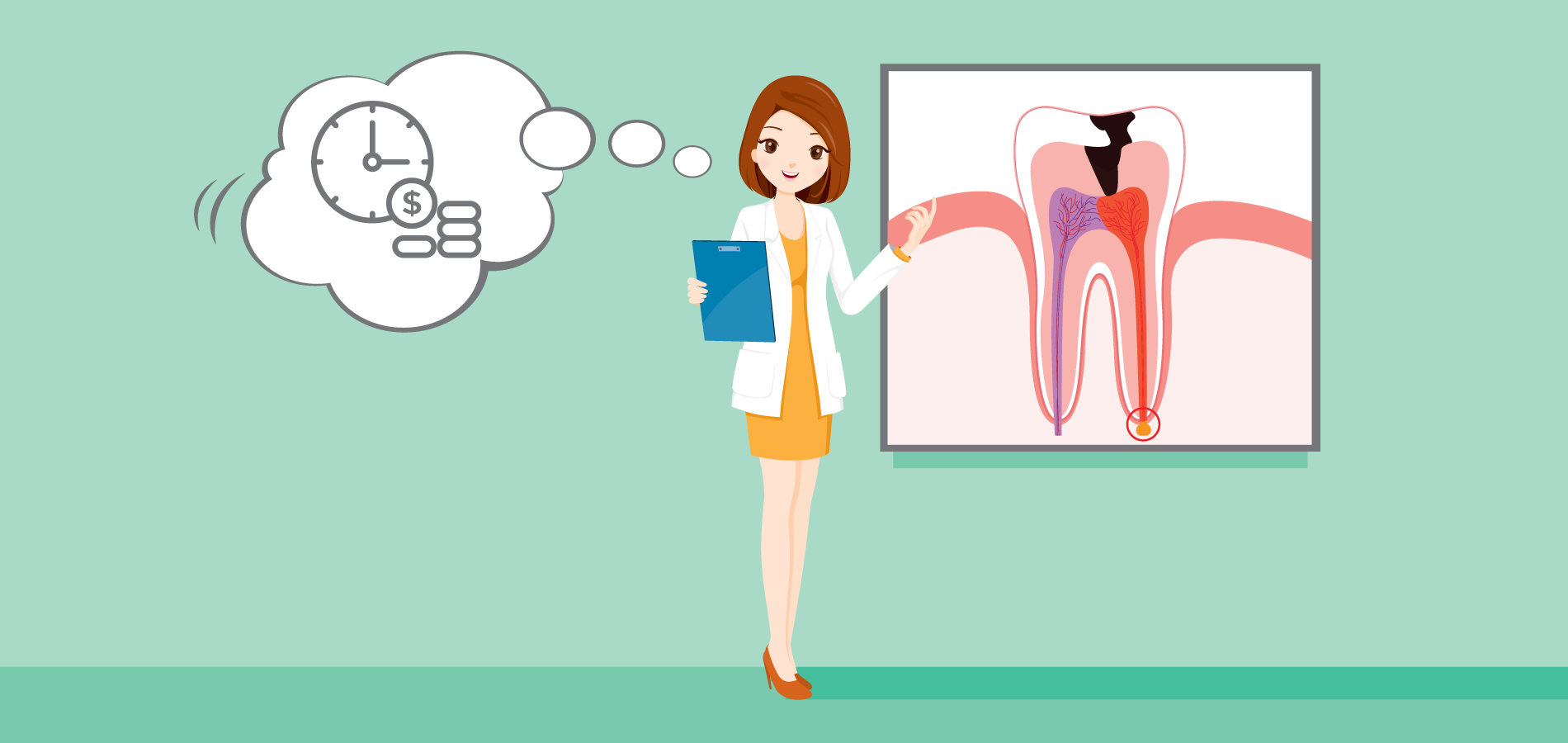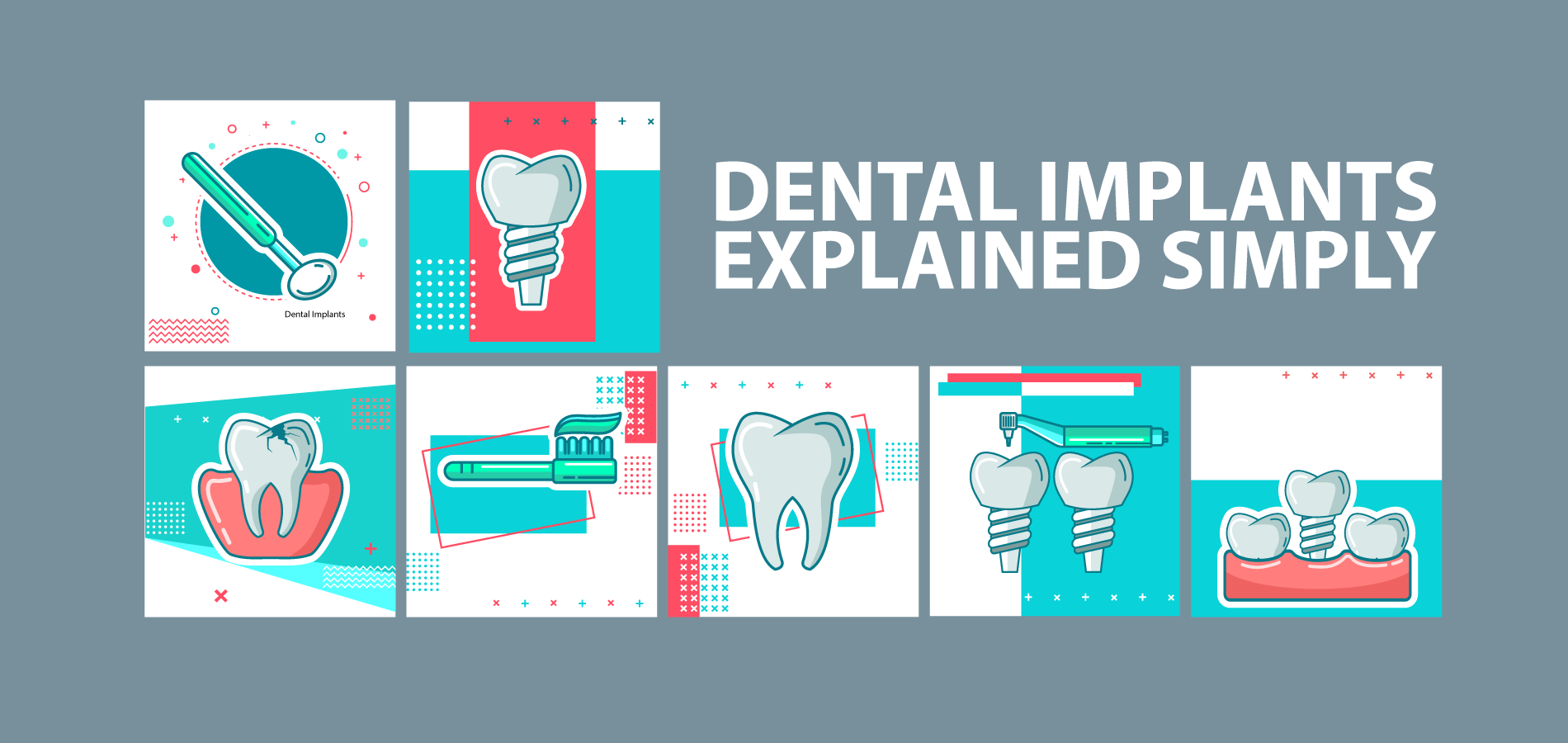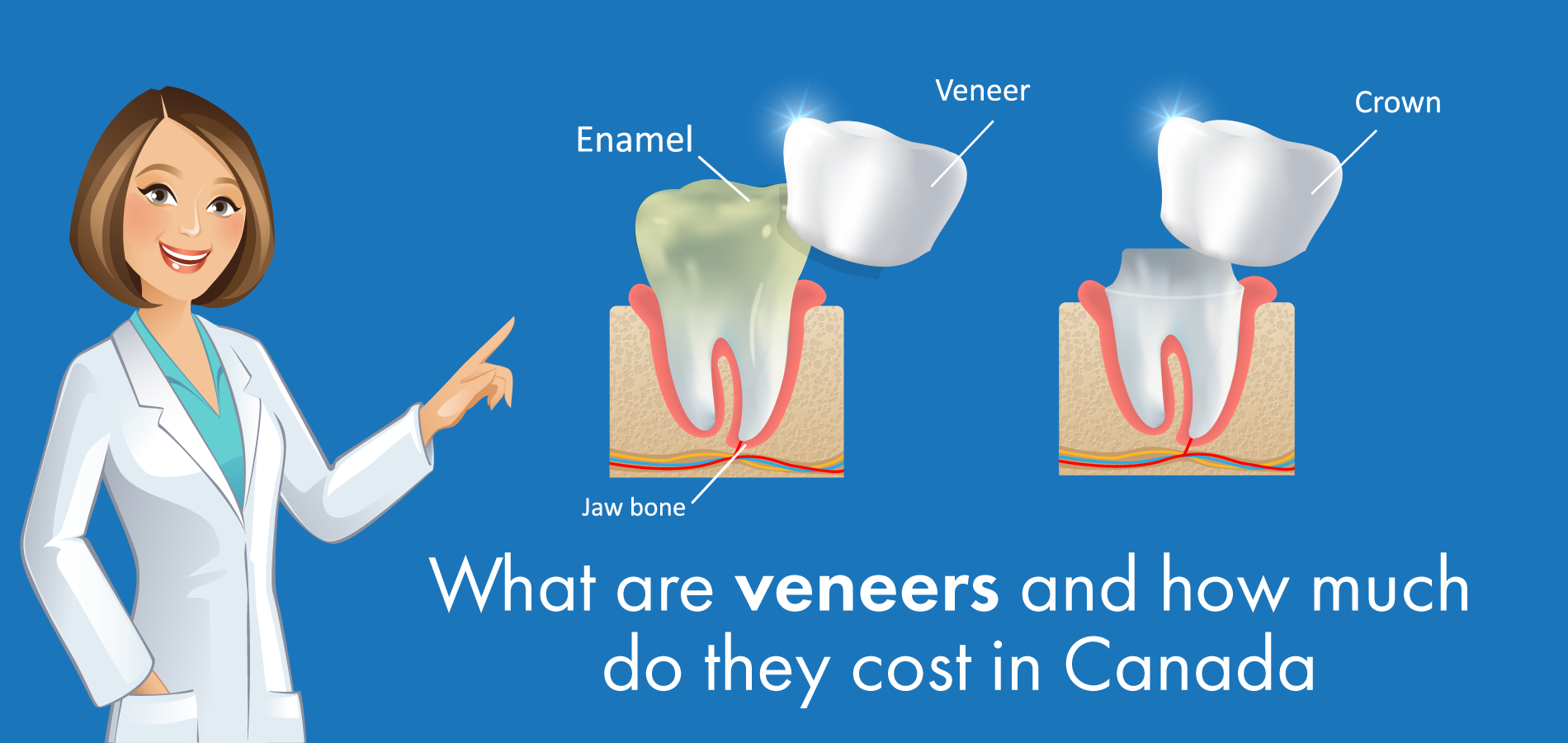A pediatric dentist specializes in dental care for children ranging from infants to teenagers. They are trained to treat young children and understand how best to accommodate their needs during treatment. A child's teeth are increasing in size, developing more slowly than permanent adult's teeth. Pediatric dentists offer children comfort when performing dental work by using medication to calm them down before starting any procedure, if necessary.
They also have extensive knowledge of oral surgery for kids, which is particularly important since they are still growing and bones are soft with tissues that can be torn or damaged quickly, requiring extra precautions.
Why is child dental care necessary?
Pediatric dentists are typically highly skilled in keeping your child comfortable while performing dental care. They are familiar with "pain-free" procedures for children, making it less stressful to take kids to see the dentist. If your child experiences severe pain when visiting the dentist, they may have a more serious dental problem that should be addressed by an adult doctor right away.
This is particularly important because young kids cannot tell their parents if they are in pain or what's wrong with them very well.
At what age should a child go to the dentist?
Typically, children should start seeing their pediatric dentist when their first tooth erupts at around 6 months. However, you can introduce your baby to their new dentist before this appointment if you choose to do so. It's never too early to start taking your child to see their dentist. The first visit should be used as an opportunity for the pediatric dentist to look at your baby's teeth and let you know what they are doing well, but also if it's apparent that their teeth need care right away.
How often should a child see a dentist?
Since children continue to develop new teeth throughout their childhood years, they should continue to have regular visits with the pediatric dentist until around age 13 or 14, when adult teeth take over to keep children's mouths healthy.
Cleaning Teeth
Before starting any dental work on your child, the pediatric dentist will thoroughly clean your child's mouth to make sure all plaque bacteria, food debris, and other materials are removed. They will also check for cavities and other problems that may need to be addressed right away, in addition to discussing your child's dental care needs in general.
Dental development
Baby teeth usually start coming in between 6 and 8 months when the first tooth erupts, followed by a second tooth at around one year. When these two teeth begin to touch each other, this is when children should be starting regular brushing with only a little bit of toothpaste on their new teeth. This way, they can get used to brushing without too much discomfort from using too much toothpaste or causing damage to the enamel on the newly erupted baby teeth.
By 24 months old, all 20 primaries' (baby) teeth should have erupted, but they are still not ready for regular brushing since their primary teeth are made of soft enamel that is easily damaged.
Fluoride and your child
At around six months old, pediatric dentists will recommend fluoride supplements to children if their community water supply does not contain adequate levels of fluoride (0.7 parts per million), which is sufficient to prevent tooth decay in children's developing teeth by making them stronger and more resistant to cavity formation due to acid attacks from bacteria found in plaque.
Are dental x-rays safe for children?
Typically, modern equipment used at the dentist gives off radiation levels well below what the FDA (USA Food and Drug Administration) considers safe. However, pediatricians must be well aware of the risks associated with x-rays to kids, particularly infants. Be sure to discuss this risk thoroughly with your pediatric dentist before taking any dental xrays if you are concerned about it.
Dental care for children with special needs
If you have a child who has special needs that need to be considered when taking them to the dentist, make sure you bring this up with your pediatric dentist beforehand so they can come up with a plan for dental care that considers these types of issues.
Some considerations include:
- Making hearing aids and other devices compatible with the equipment at the dentist's office - for example, using an adaptor or pillow speaker
- Working together how best to hold your child during the treatment
- Providing adequate pain relief if your child has special needs
- Dental care for kids with autism spectrum disorder, cerebral palsy or other conditions.
Since children continue to develop new teeth throughout their childhood years, they should continue to have regular visits with the pediatric dentist until around age 13 or 14, when adult teeth take over to keep children's mouths healthy.





